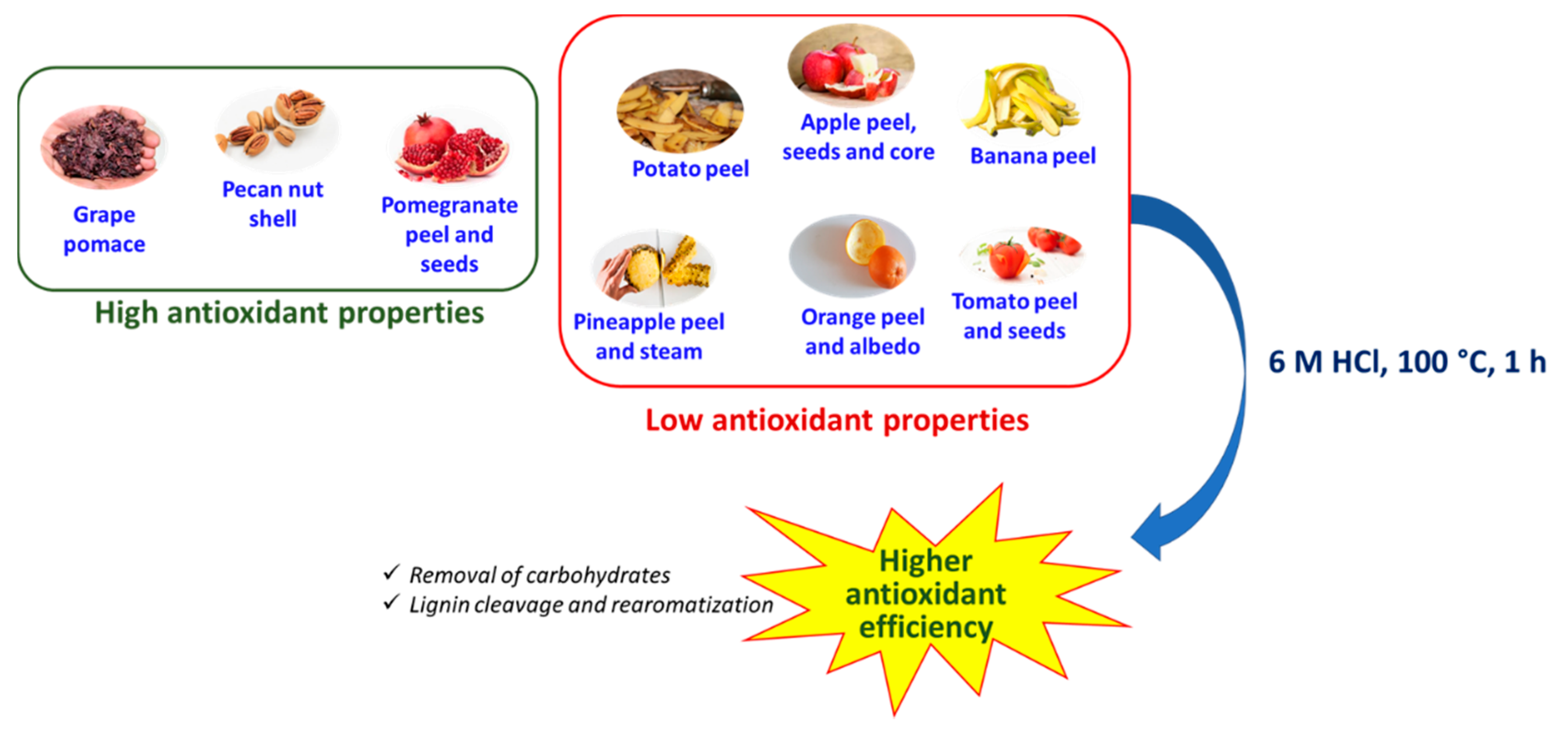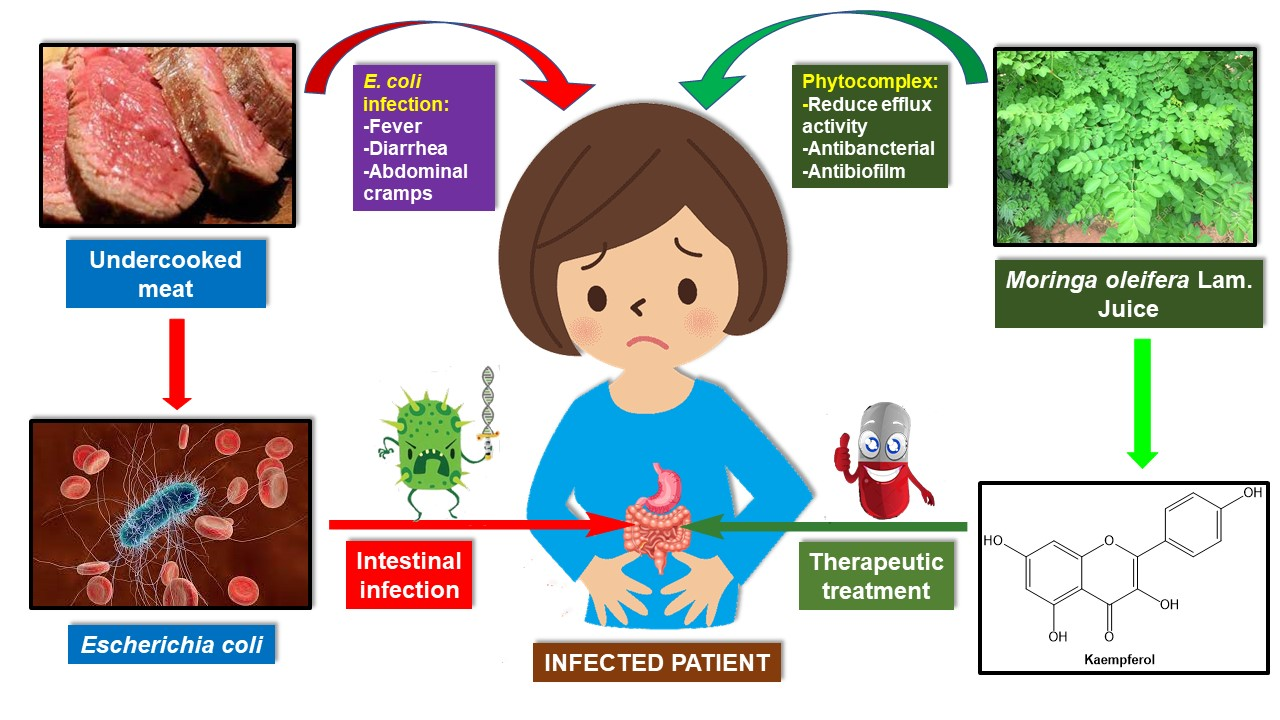Gastritis is a common digestive condition characterized by inflammation of the stomach lining. It can cause symptoms such as abdominal pain, bloating, nausea, and indigestion. While conventional medical treatments are available, many individuals seek complementary and alternative approaches to manage gastritis. One such natural remedy is licorice root. Licorice root has been used for centuries in traditional medicine and is believed to possess various beneficial properties. In this article, we will explore the top five helpful pieces of information about the impact of licorice root on gastritis management.
1, Anti-inflammatory properties.
Licorice root is indeed known to contain compounds that possess anti-inflammatory properties, including glycyrrhizin and flavonoids. These compounds have been studied for their potential therapeutic effects in various conditions, including gastritis.
Gastritis is a condition characterized by inflammation of the stomach lining, which can cause symptoms such as abdominal pain, nausea, and indigestion. The anti-inflammatory properties of licorice root may help in reducing the inflammation in the stomach lining, thus providing relief from these symptoms.
Glycyrrhizin, one of the main active compounds in licorice root, has been shown to have anti-inflammatory effects by inhibiting the production of certain pro-inflammatory substances in the body. It can help suppress the activity of enzymes involved in the inflammatory process and modulate the immune response.
Flavonoids, another group of compounds found in licorice root, also exhibit anti-inflammatory properties. They can help reduce inflammation by scavenging free radicals, inhibiting the release of inflammatory mediators, and modulating the activity of immune cells.
It is important to note that while licorice root may offer potential benefits for gastritis and inflammation, it is essential to consult with a healthcare professional before using it as a treatment. Licorice root can interact with certain medications and may have side effects, especially in large amounts or when used for an extended period. Additionally, not all forms of licorice products are suitable for medicinal use, as some may contain high amounts of glycyrrhizin, which can have adverse effects on blood pressure and other health parameters.
Overall, licorice root's anti-inflammatory properties make it an interesting potential option for managing gastritis and its symptoms. However, it is crucial to seek medical advice and consider other treatment options before incorporating licorice root or its derivatives into your healthcare regimen.
2, Enhanced mucus production.
gastritis is often associated with a decrease in the production of protective mucus in the stomach lining. Licorice root has been studied for its potential to stimulate the secretion of mucus, which can help in creating a protective barrier against stomach acid and preventing further damage to the gastric lining.
Licorice root contains certain compounds, such as glycyrrhizin and flavonoids, which have been found to promote mucus production. These compounds can enhance the activity of mucous-secreting cells in the stomach, increasing the production and secretion of mucus. By doing so, licorice root may help to coat the stomach lining, providing a protective layer that reduces the contact of stomach acid with the inflamed tissues.
The increased mucus production facilitated by licorice root can contribute to the overall healing process in gastritis by allowing the stomach lining to recover and repair itself. The protective barrier created by mucus can also alleviate symptoms such as stomach pain and discomfort.
However, it is important to note that while licorice root may offer potential benefits for promoting mucus secretion and protecting the gastric lining, it is essential to consult with a healthcare professional before using it as a treatment. As mentioned earlier, licorice root can interact with certain medications and may have side effects, especially in large amounts or when used for an extended period. Additionally, the specific dosage and form of licorice root to be used for therapeutic purposes should be determined by a healthcare provider.
In summary, licorice root has been found to stimulate mucus production, which can help in creating a protective barrier against stomach acid and promoting the healing of the stomach lining in gastritis. However, it is important to exercise caution, seek medical advice, and consider other treatment options before incorporating licorice root or its derivatives into your healthcare regimen.
3, Antioxidant effects.
Licorice root contains antioxidants that can help protect the stomach lining from oxidative stress, which is known to contribute to the development and progression of gastritis. The antioxidants found in licorice root, such as flavonoids and phenolic compounds, have the potential to scavenge free radicals and reduce oxidative damage in the stomach.
Oxidative stress occurs when there is an imbalance between the production of free radicals and the body's ability to neutralize them with antioxidants. In the case of gastritis, oxidative stress can lead to inflammation and damage to the stomach lining. By reducing oxidative damage, licorice root's antioxidants can help alleviate inflammation and promote stomach health.
The flavonoids and phenolic compounds in licorice root have been found to possess strong antioxidant properties. They can help neutralize free radicals and protect cells from oxidative damage. Additionally, licorice root has been shown to enhance the activity of endogenous antioxidants, such as glutathione, superoxide dismutase (SOD), and catalase, which further contributes to its antioxidant effects.
By reducing oxidative stress and protecting the stomach lining, licorice root may aid in managing gastritis and promoting the healing process. However, it's important to note that while licorice root offers potential antioxidant benefits, it is advisable to consult with a healthcare professional before using it as a treatment. Licorice root can interact with certain medications and may have side effects, especially in high doses or when used for prolonged periods.
In summary, licorice root's antioxidant effects can help protect the stomach lining from oxidative stress, reduce inflammation, and contribute to the management of gastritis. Nonetheless, it's crucial to seek medical advice, consider other treatment options, and be mindful of potential risks associated with licorice root before incorporating it into your healthcare routine.
4, Potential antibacterial properties.
Licorice root has been studied for its potential antibacterial properties, particularly against Helicobacter pylori (H. pylori), a bacterium commonly associated with gastritis and peptic ulcers. H. pylori infection can exacerbate gastritis symptoms and impede the healing process.
Some research suggests that certain compounds found in licorice root, such as glycyrrhizin and flavonoids, may possess antibacterial effects against H. pylori. These compounds have been found to inhibit the growth and activity of H. pylori, which can help in combating the infection and reducing its impact on the gastric lining.
Licorice root's antibacterial activity against H. pylori may have implications for the management of gastritis. By targeting the underlying bacterial infection, licorice root could potentially contribute to symptom relief and facilitate the healing of the stomach lining.
However, it's important to note that while licorice root shows promise in combating H. pylori, further research is needed to fully understand its effectiveness and determine the appropriate dosage and duration of use. Additionally, it's advisable to consult with a healthcare professional before using licorice root as a treatment for H. pylori infection or gastritis, as it may interact with certain medications and have potential side effects.
In summary, licorice root has been studied for its potential antibacterial properties, particularly against H. pylori. By targeting the H. pylori infection, licorice root may aid in the management of gastritis and support the healing process. However, more research is needed, and it is important to seek medical advice before using licorice root or its derivatives as a treatment.
5, Soothing and protective effects.
Licorice root does possess demulcent properties, which means it can soothe and protect irritated tissues. When consumed orally, licorice root can form a protective coating on the stomach lining, offering relief from pain and discomfort associated with gastritis.
The demulcent action of licorice root is due to the presence of mucilage, a gel-like substance that is released when licorice root comes into contact with water. This mucilage forms a soothing barrier that helps protect the stomach lining from further irritation, providing a calming effect.
Furthermore, licorice root may have a mild laxative effect, which can help alleviate constipation, a common symptom of gastritis. By promoting bowel movements, licorice root can aid in the normalization of digestive function and alleviate discomfort caused by constipation.
It's important to note that while licorice root can provide soothing and protective effects, it's advisable to consult with a healthcare professional before using it for gastritis or any other condition. Licorice root can interact with certain medications, may have side effects, and should be used in moderation due to its potential impact on blood pressure and other health parameters.
In summary, licorice root's demulcent properties allow it to soothe and protect irritated tissues, providing relief from pain and discomfort associated with gastritis. Additionally, its mild laxative effect can help alleviate constipation. However, it is essential to seek medical advice and consider other treatment options before incorporating licorice root or its derivatives into your healthcare regimen.

:max_bytes(150000):strip_icc()/increased-mucus-production-914907_color1-5c1aff45c9e77c0001edffdd.png)



Comments
Post a Comment